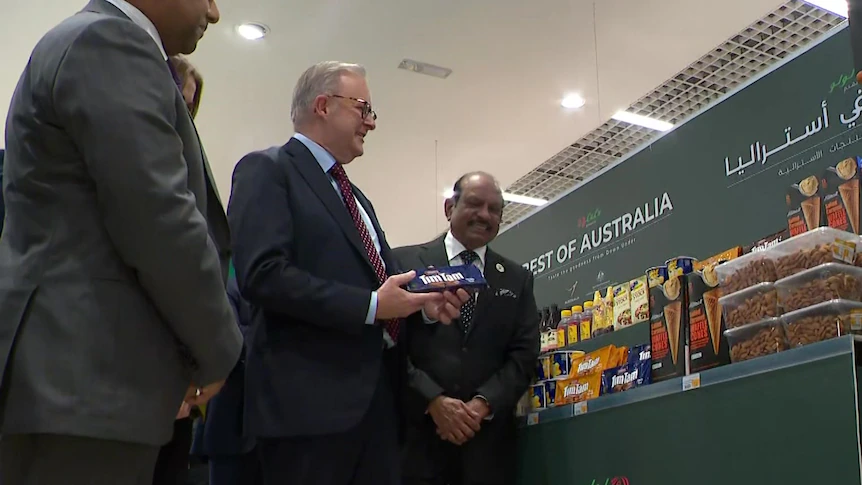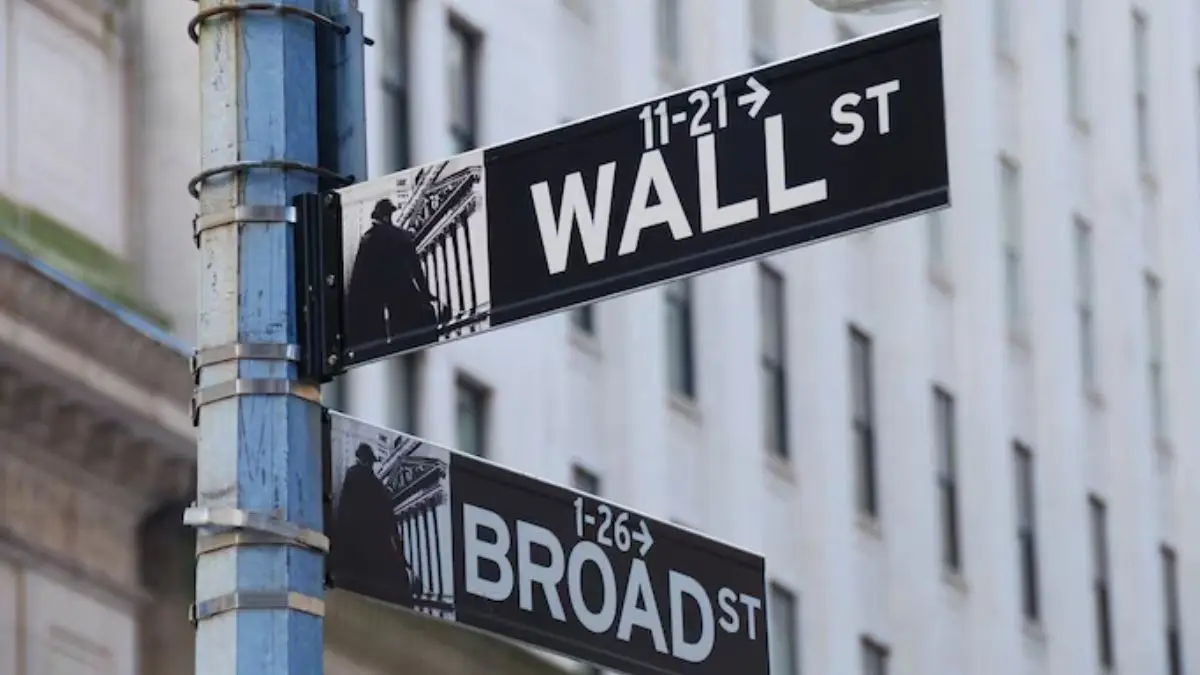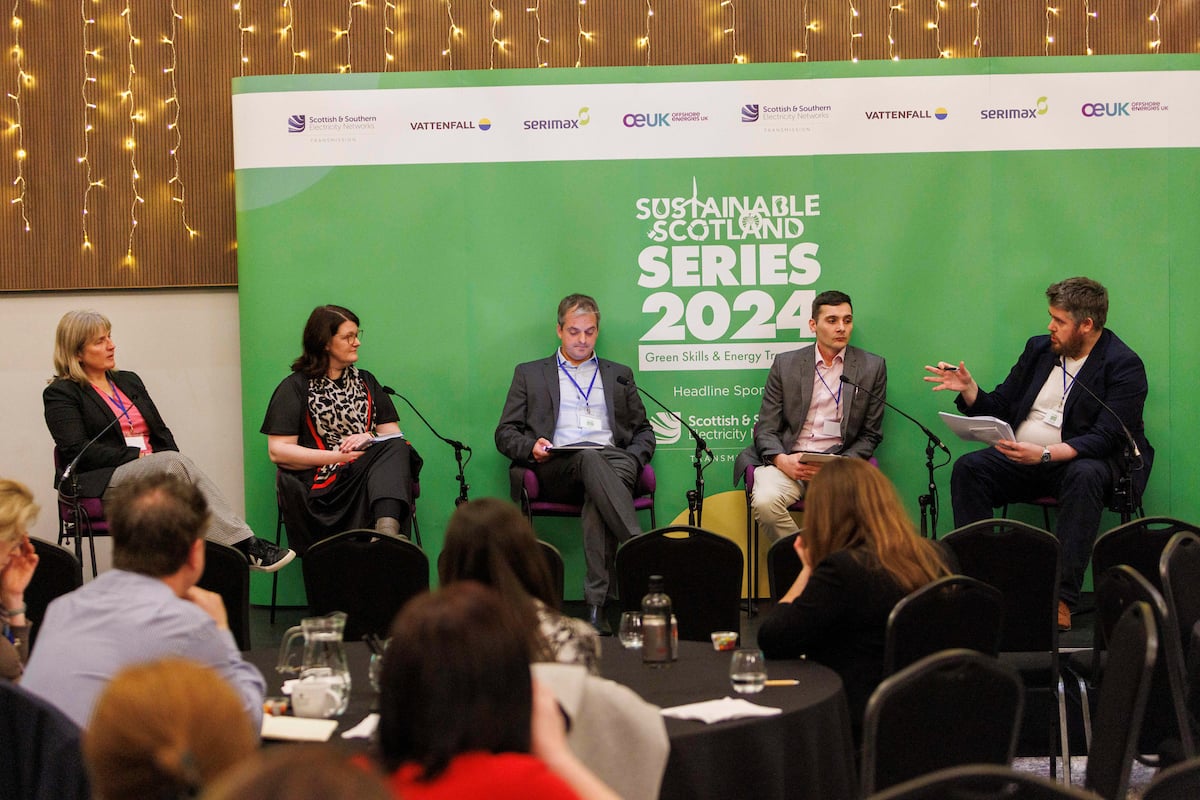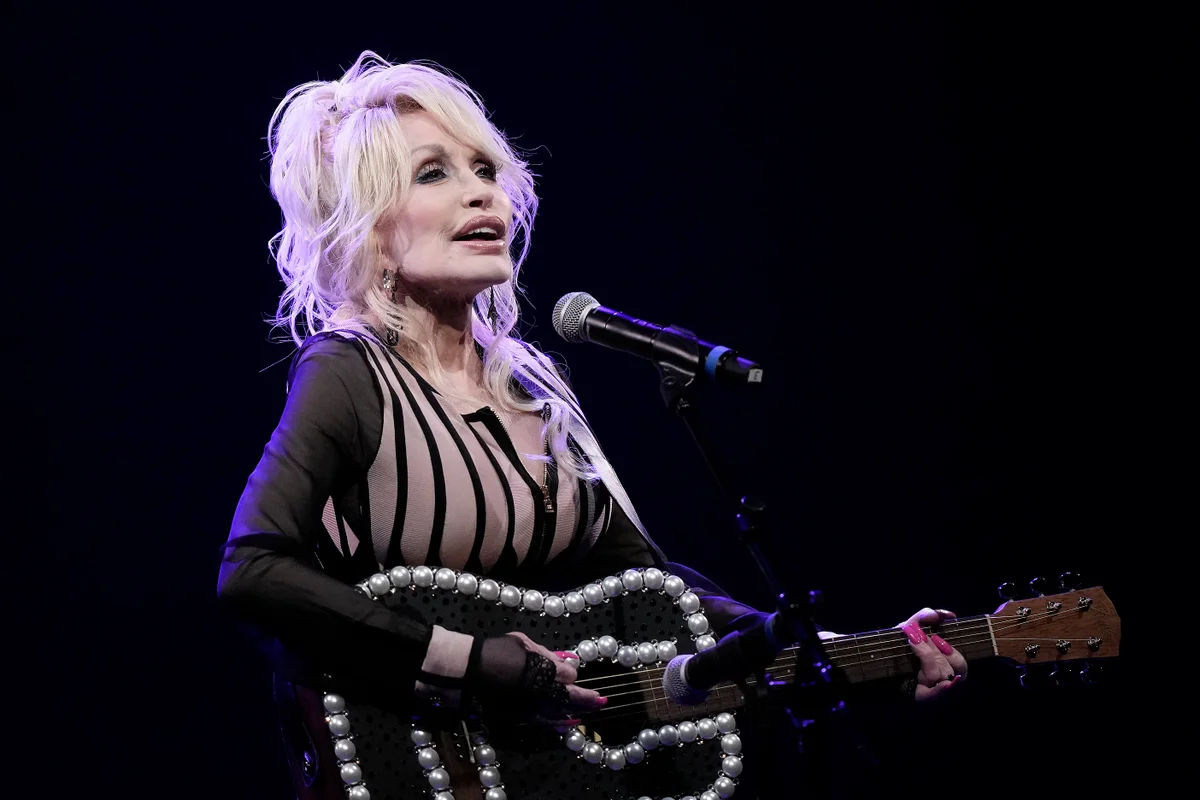By Jake Evans
Copyright abc

Prime Minister Anthony Albanese has invited Emirati ‘hypermarket’ chain LuLu Group to set up shop on Australia’s shores and take on supermarket giants Coles and Woolworths.
Mr Albanese confirmed the invitation to LuLu Hypermarket chairman Yusuff Ali while on a pit stop through the United Arab Emirates, as a free trade agreement with the Middle Eastern nation takes force.
“One of the great things about the [LuLu Group] chairman’s company, there are 300 supermarkets just like this one, I have encouraged him to come to Australia as well,” Mr Albanese said.
“I have encouraged him to come to Australia as well, we need more competition in the Australian supermarket sector, and we have had a little discussion about that.”
LuLu Hypermarket is one of the largest retail chains in the Middle East, with more than 250 outlets across the Gulf states and elsewhere.
“This company is big enough to have direct relations with [Australian] producers, whether they be mango producers, the orange producers, the meat producers that the chairman met in Mudgee that are still providing Halal-certified meat into this market,” Mr Albanese said.
The prime minister said the free trade agreement would remove tariffs on nearly all Australian exports to the UAE, as well as increased investment from the oil-rich nation’s massive sovereign wealth funds into Australia.
The supermarket sector faced intense scrutiny through the previous term of government as product price increases compounded with other cost of living pressures.
Critics argued the sector was too concentrated in the hands of just two players, Coles and Woolworths, which was leading to a lack of competition and distorted prices.
The Coalition proposed introducing break-up powers that could be used as a last resort to force Coles and Woolworths to sell-off parts of their business if they were found to be behaving uncompetitively — an idea which also found favour among the Greens.
But Mr Albanese mocked that proposal, saying last year that Australia was “not the old Soviet Union” and he would not forcibly break up the supermarket giants.
Instead, he said the government would pursue ways to increase competition between grocers.
The government began consultation with states and territories last term to rewriting zoning and planning laws to open up more sites for new stores — foreign competitors have previously argued they have been prevented from entering the market by existing chains buying up possible sites but not developing them.
In March, a review by the competition watchdog found there was “limited incentive” for Coles and Woolworths to compete on price because of their market dominance, though it did not conclude recent price rises had been excessive.
Despite that finding, the prime minister committed days later to investigating an “excessive pricing regime” to be policed by the competition watchdog that could punish supermarkets caught price gouging.



